
Words can linger in the mind like echoes, shaping thoughts long after they’re read. Across centuries, authors have magically wrapped big feelings like hope, love, loss, and truth into just a few unforgettable lines. This collection rounds up 10 such quotes, each carrying the weight and beauty of timeless storytelling.
“So We Beat On, Boats Against The Current.”

Few sentences have had the kind of cultural staying power as that iconic closing line from “The Great Gatsby.” It perfectly captures the haunting beauty of hope that lingers no matter how doomed it might be. Over the decades, this line has found a second life in everything from academic deep-dives to tattoo ink and catchy lyrics.
“Time, Which Sees All Things, Has Found You Out.”
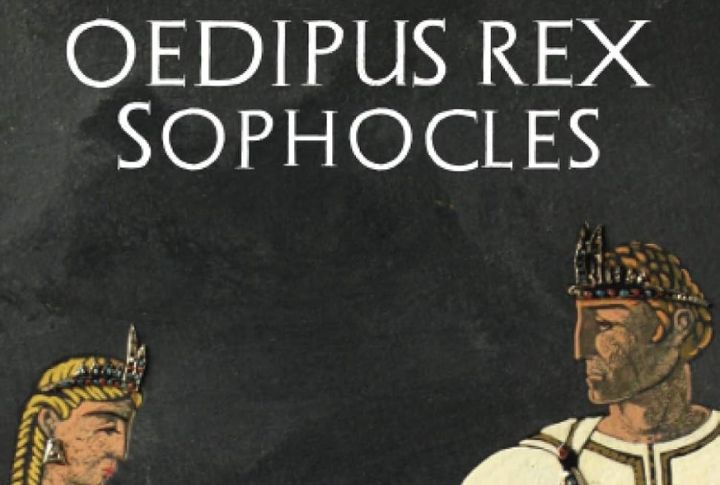
Classic tragedy doesn’t get more iconic than this translated gem from “Oedipus Rex.” It’s a textbook case of poetic justice wrapped in dramatic irony, and it still packs a punch. Believe it or not, this ancient line isn’t just for theater nerds; it regularly pops up in legal arguments and philosophical chatter even today.
“We Loved With A Love That Was More Than Love.”
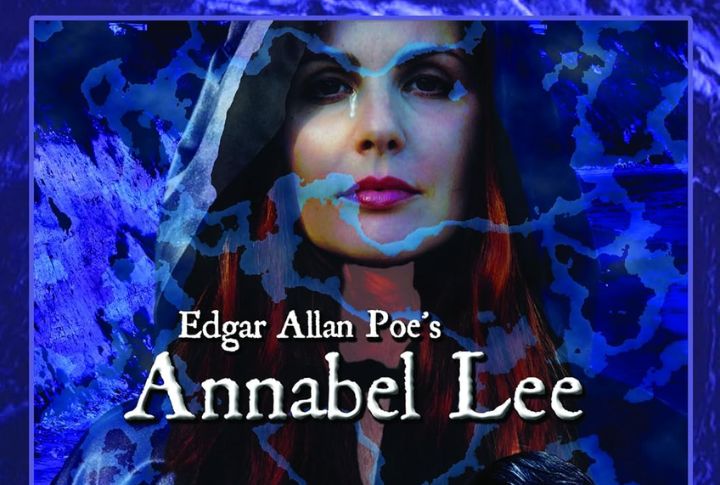
With its hypnotic rhythm and that haunting repetition, Edgar Allan Poe’s “Annabel Lee” nails the drama of eternal love. It’s peak American Gothic: melodic and moody. No surprise it’s still echoing through modern music and carved into memorials. Poe might’ve penned it in the 1800s, but the vibe? Still hits.
“Not All Those Who Wander Are Lost.”
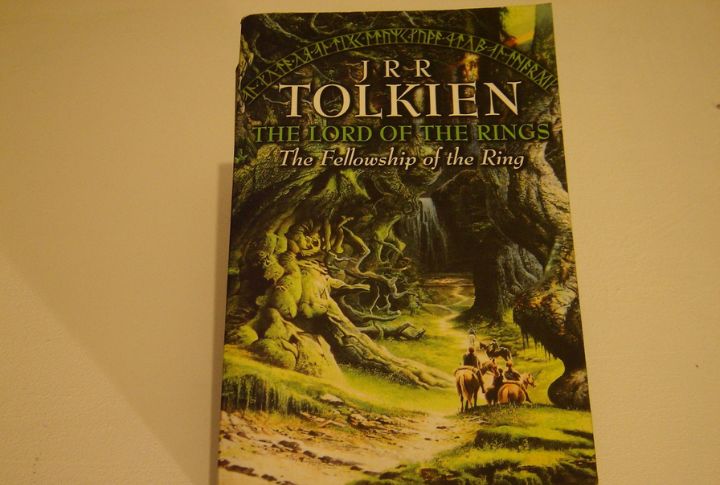
You’ve probably seen this line from “The Fellowship of the Ring” written by John Ronald Reuel Tolkien in way too many things. It reminds us that going off the beaten path isn’t a bad thing at all. Honestly, it’s everywhere now: on travel mugs, bumper stickers, backpacks—basically anything that says, “I’ve got my own adventure to live.”
“You Forget What You Want To Remember.”
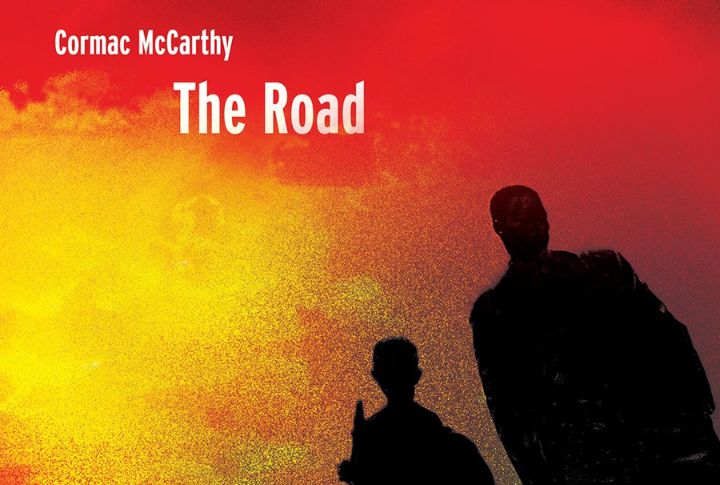
In “The Road,” Cormac McCarthy drops a line that’s as chilling as it is remarkable, the kind that shows up in both therapy sessions and lit class discussions. It goes deep into how our minds work against us sometimes, especially after trauma. It nails that split between what we want to remember and what just shows up anyway.
“To Love Or Have Loved, That Is Enough.”
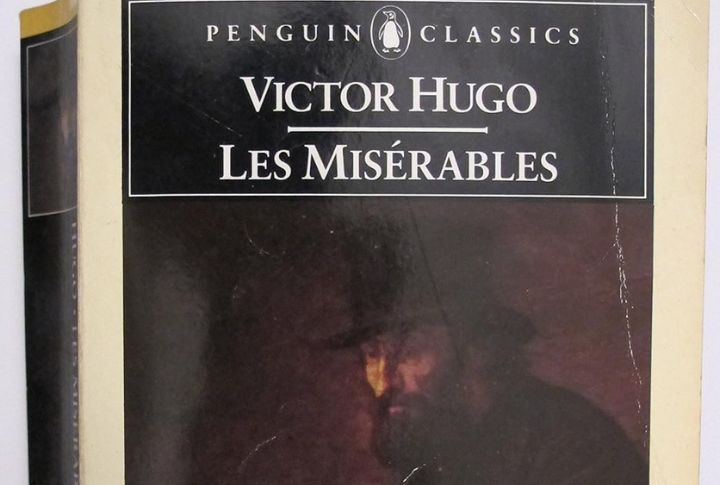
In this one line in “Les Miserables,” Victor Hugo basically says that just feeling love, even once, is enough. And wow, doesn’t that hit? It’s one of those rare truths that sticks. You’ll hear it in emotional speeches, see it quoted by charities, and feel it whenever someone talks about love changing the world.
“I Have Measured Out My Life With Coffee Spoons.”
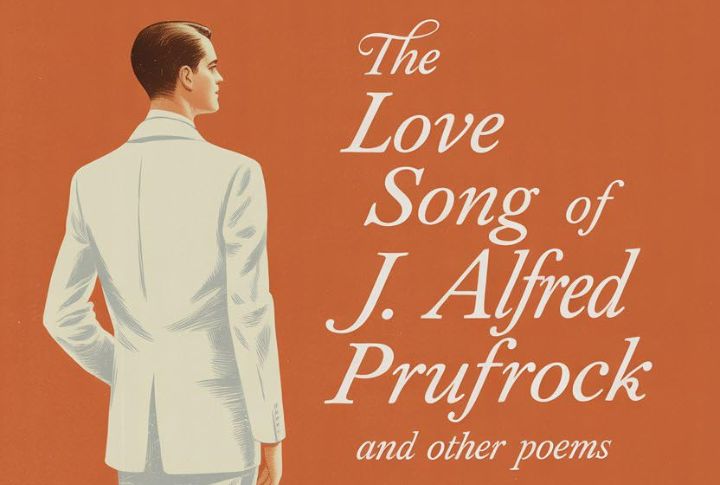
Only T.S. Eliot could make something as ordinary as coffee spoons feel existential. In “The Love Song of J. Alfred Prufrock,” his use of that simple image somehow says everything about the daily grind and the monotony of modern life. This line has inspired everyone from avant-garde painters to philosophy and literature professors.
“It Matters Not What Someone Is Born, But What They Grow To Be.”
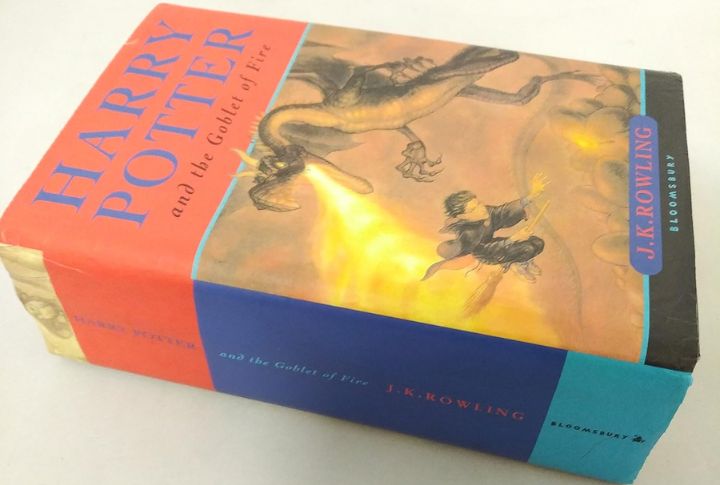
Buried in the magical chaos of “The Goblet of Fire” is one of J.K. Rowling’s most powerful truths: it’s not your background, but your choices, that define you. It’s the kind of quote that’s jumped off the page and into classrooms, keynotes, and pep talks—a big message, and totally timeless.
“There Is No Greater Agony Than Bearing An Untold Story Inside You.”
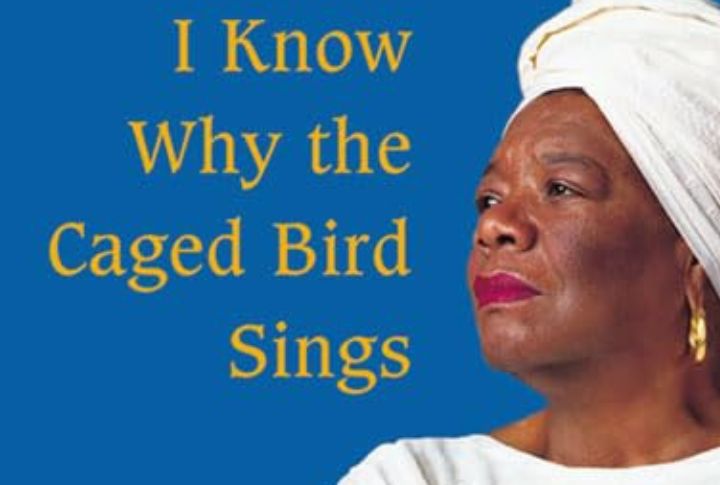
Maya Angelou had a way of saying things that made you stop and feel, and this line is no exception. From the pages of “I Know Why The Caged Bird Sings,” it speaks to the heavy silence of bottled-up truths and the freedom in letting them out. It’s like a reminder that telling your story isn’t just helpful, it’s healing.
“And Now That You Don’t Have To Be Perfect, You Can Be Good.”
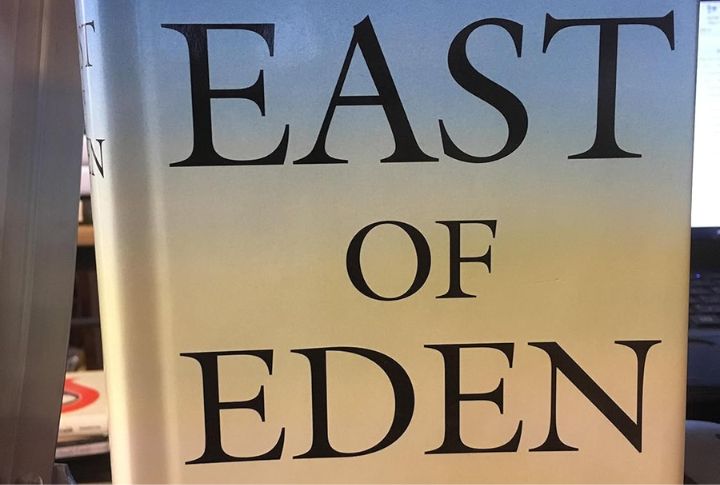
A beautiful line featured in “East of Eden,” it feels like a gentle nudge, reminding you it’s okay not to be perfect. It’s the kind of quote that shows up in therapy offices and mental health campaigns all the time. John Steinbeck just gets what it means to be human, flaws and all.

